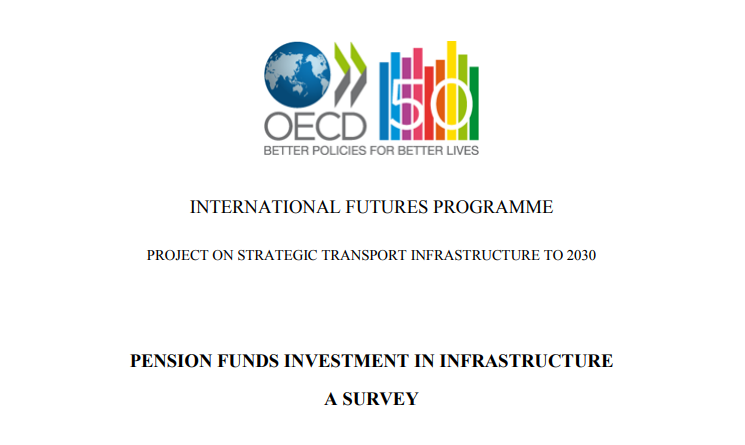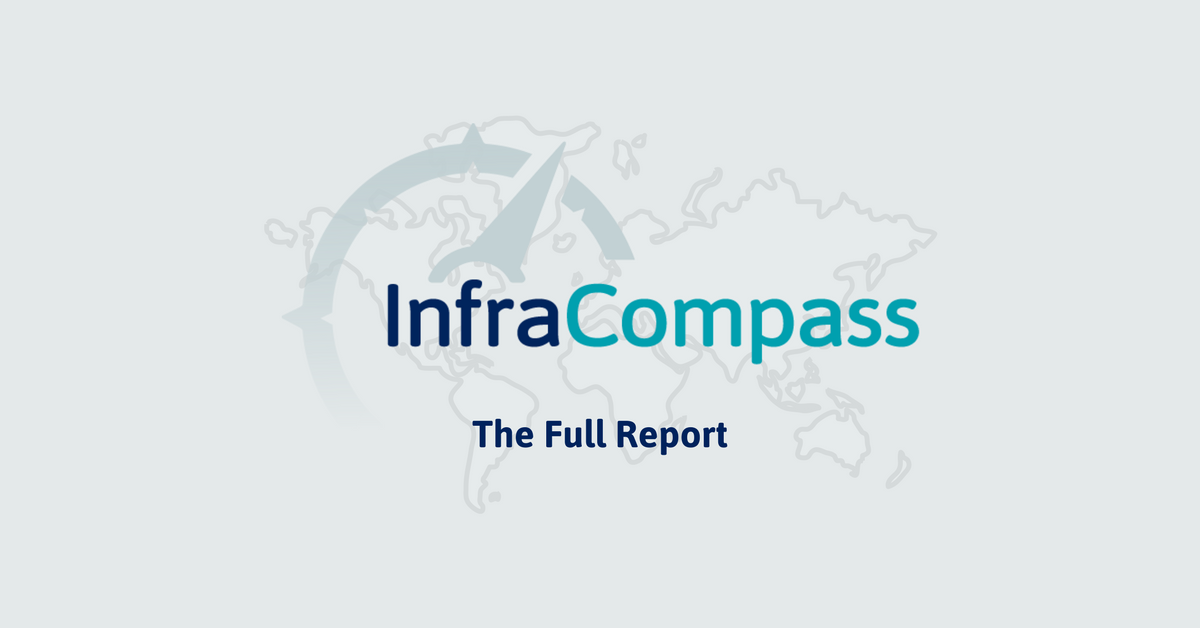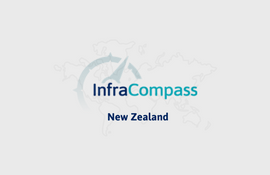657 results found
Featured results



More results




The objective of this survey-based study was to understand the main problems encountered by pension funds when investing in infrastructure.


This report provides an outline ending in 2015 of ASEAN connectivity, the report also outlines future challenges the Master Plan from 2015 on.


Automated fare collection (AFC) systems are a key component of sustainable, high-quality urban transport services. This paper addresses the objectives, challenges and lessons learned from AFC schemes, with a particular focus on emerging markets and second-tier cities with limited resources.

These guidelines define the assurance options to be undertaken for a major project, such as: Project Validation Review (PVR) for a major policy initiative, OGC Gate 0 for major programs and more.

This report compares Johannesburg’s Bus Rapid Transit with Its Latin American Siblings

We reviewed existing literature, conducted case studies and interviews, and found that the smart cities context has transformed traditional ITS into “smart mobility” with three major characteristics: people-centric, data-driven, and powered by bottom-up innovations.

Connections is a series of concise knowledge notes from the World Bank Group’s Transport and ICT Global Practice. Connections discusses projects, experiences, and front-line developments in Transport and ICT. This set includes notes from 2015 and 2016.


InfraCompass is a tool for infrastructure policymakers. It objectively quantifies the strength of the infrastructure enabling environment by aggregating data for 81 countries, collectively representing 93% of global GDP and 86% of the world population.





District heating (DH) is the most common form of heating for urban dwellings and businesses in many of the EBRD’s countries of operations (CoOs).

This paper examines climate-change impacts on hydropower generation using an econometric model of the determinants of hydroelectric generetion.

In a recent study, we looked at the economic effects of the EU’s external aviation policy with third countries, focusing on 27 countries with which the EU has Air Services Agreements with varying degrees of liberalization.2








The report identifies and illustrates three critical success factors that governments should be aware of and should seriously consider for their operations and mainteance strategies.




 Visit tool
Visit tool




